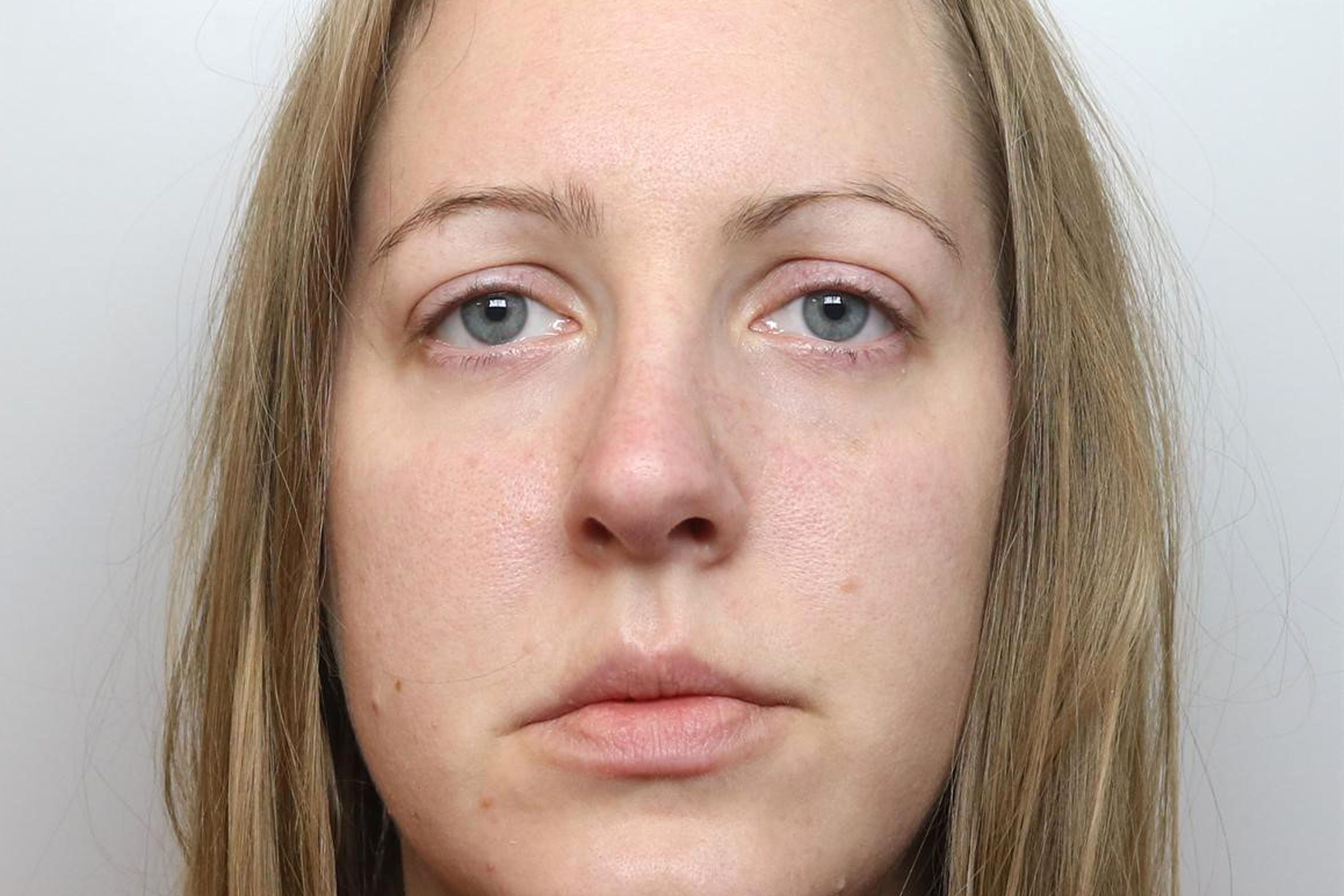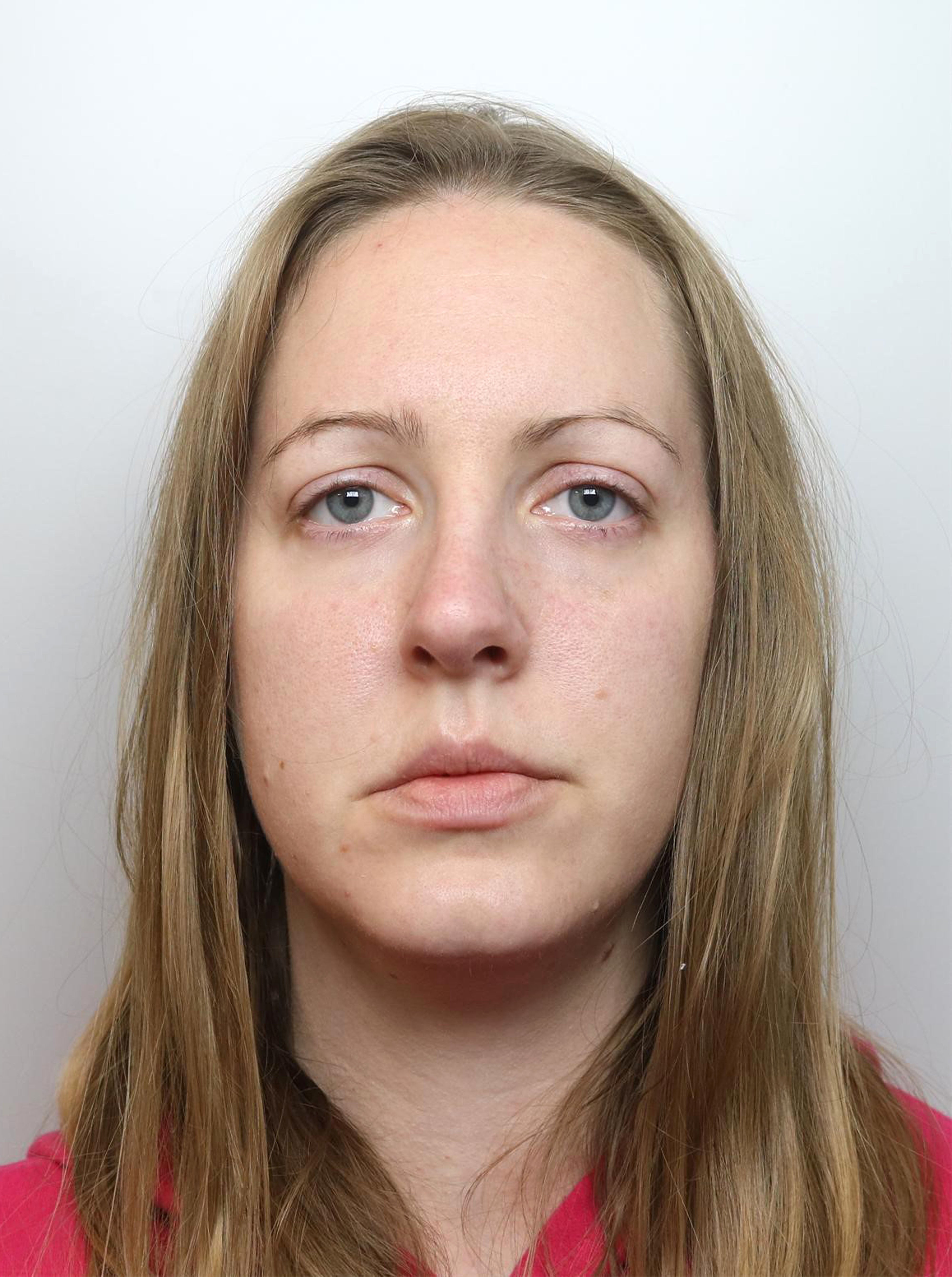Lucy Letby inquiry hears specialist doctor ‘felt misled’ by bosses
The Thirlwall inquiry is expected to sit until early 2025

A doctor says she felt “misled” by bosses who failed to tell her a member of staff was suspected by consultants of deliberately harming babies, the inquiry over the crimes of Lucy Letby has heard.
Consultant neonatologist Dr Jane Hawdon, from London’s Royal Free Hospital, was tasked by the Countess of Chester Hospital’s medical director Ian Harvey to carry out a case note review of 17 babies – 13 who died and four described as “near misses” – after another independent probe had failed to identify any explanation for an increase in neonatal mortality in 2015 and 2016.
Nurse Letby had been moved to clerical duties in July 2016 but hospital executives did not call Cheshire Police until May 2017 and initially planned to return her to the unit before they met further resistance from the consultants.
Reviewers from the Royal College of Paediatrics and Child Health, who had recommended the further investigation, were told in September 2016 about the seven consultant paediatricians’ concerns about Letby.
However, Dr Hawdon said she was not informed about the Letby link when she was instructed by Mr Harvey a month later.
Asked by counsel to the inquiry Rachel Langdale KC if she should have known about the concerns, Dr Hawdon said: “I think it was for the (hospital) trust to explain the rationale for not doing so. It could be that they didn’t want to bias or influence my review.
“Had I been told there was a suspicion about a member of staff I would have had a much more detailed conversation with Mr Harvey as to whether it was appropriate for me to proceed and on what basis.”
She said she would have urged the medical director to follow “appropriate safeguarding and governance processes” and that further reviews were required into staffing and whether any issues of equipment failure or contamination of nutrition feeds had arisen.

Dr Hawdon said she did not consider she was “adequately briefed” about the concerns and added: “I don’t know why the trust chose this approach. My speculation is that those who were instructing me, or agreeing that I should be instructed, did not believe that was a likely possibility.”
Peter Skelton KC, representing families of Letby’s victims, asked: “Do you feel in retrospect that you were misled by Mr Harvey?”
Dr Hawdon replied: “I now feel misled. I can’t say who misled me but I feel misled.”
Mr Skelton asked: “Do you agree that the only appropriate response if a set of consultants suspect murder is to call the police?”
Dr Hawdon said: “To either call the police or go through safeguarding procedures which would amount to the same thing in the end.”
The inquiry was told that Dr Hawdon’s case note review did not involve talking to any doctors who treated the children concerned, or their parents.
Richard Baker KC, representing another group of families, said: “A case note review by its nature is a fairly superficial exercise, is it not?”
Dr Hawdon said: “Yes, it is only based on the information that is provided.”
She agreed with Mr Baker if she had been told the purpose of the review was to exclude homicide then it would “absolutely not be the level of forensic investigation that was needed”.

Dr Hawdon’s report concluded that the deaths of four children, Child A, Child I, Child O and Child P, who Letby was subsequently convicted of murdering, were unexplained and unexpected.
However on Tuesday in questioning from Mr Baker she accepted she would also have categorised the deaths of three other infants, Child C, Child D and Child E – who Letby was also found to have murdered – as unexplained if she had received more information about the circumstances of their collapses.
Letby, 34, from Hereford, is serving 15 whole-life orders after she was convicted at Manchester Crown Court of murdering seven infants and attempting to murder seven others, with two attempts on one of her victims, between June 2015 and June 2016.
The inquiry, sitting at Liverpool Town Hall, is expected to sit until early 2025, with findings published by late autumn of that year.
